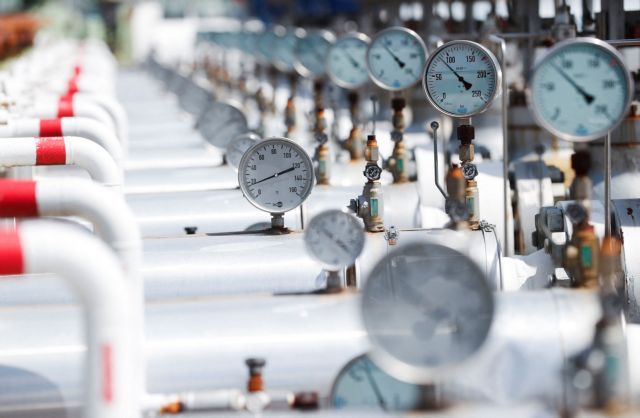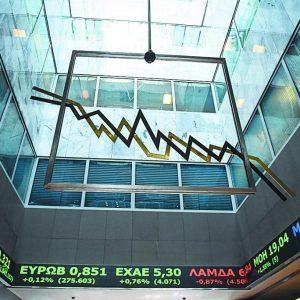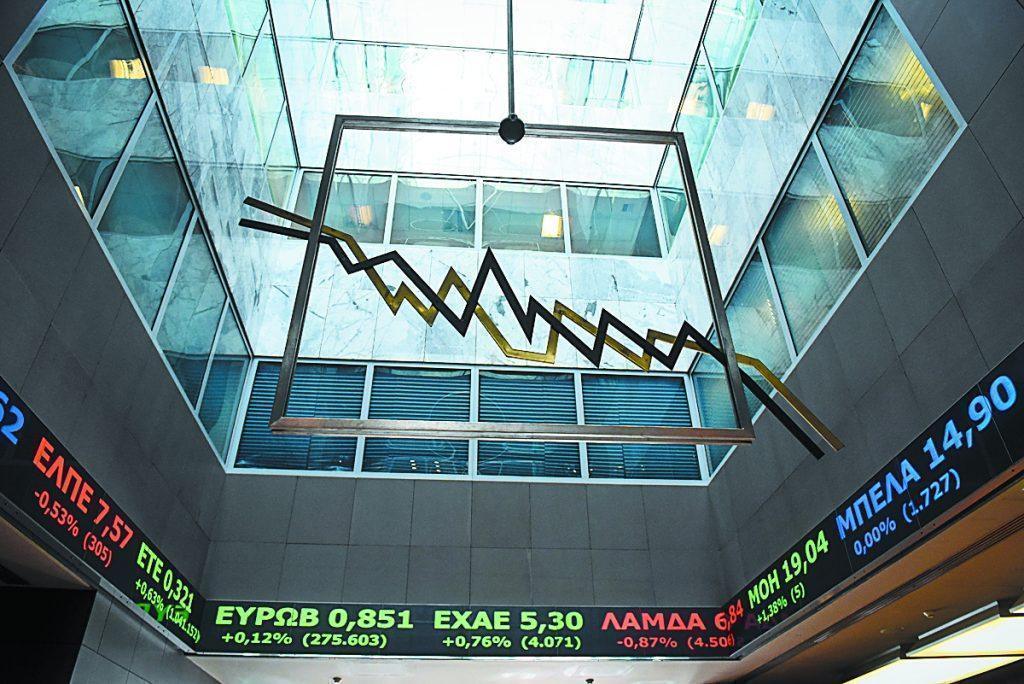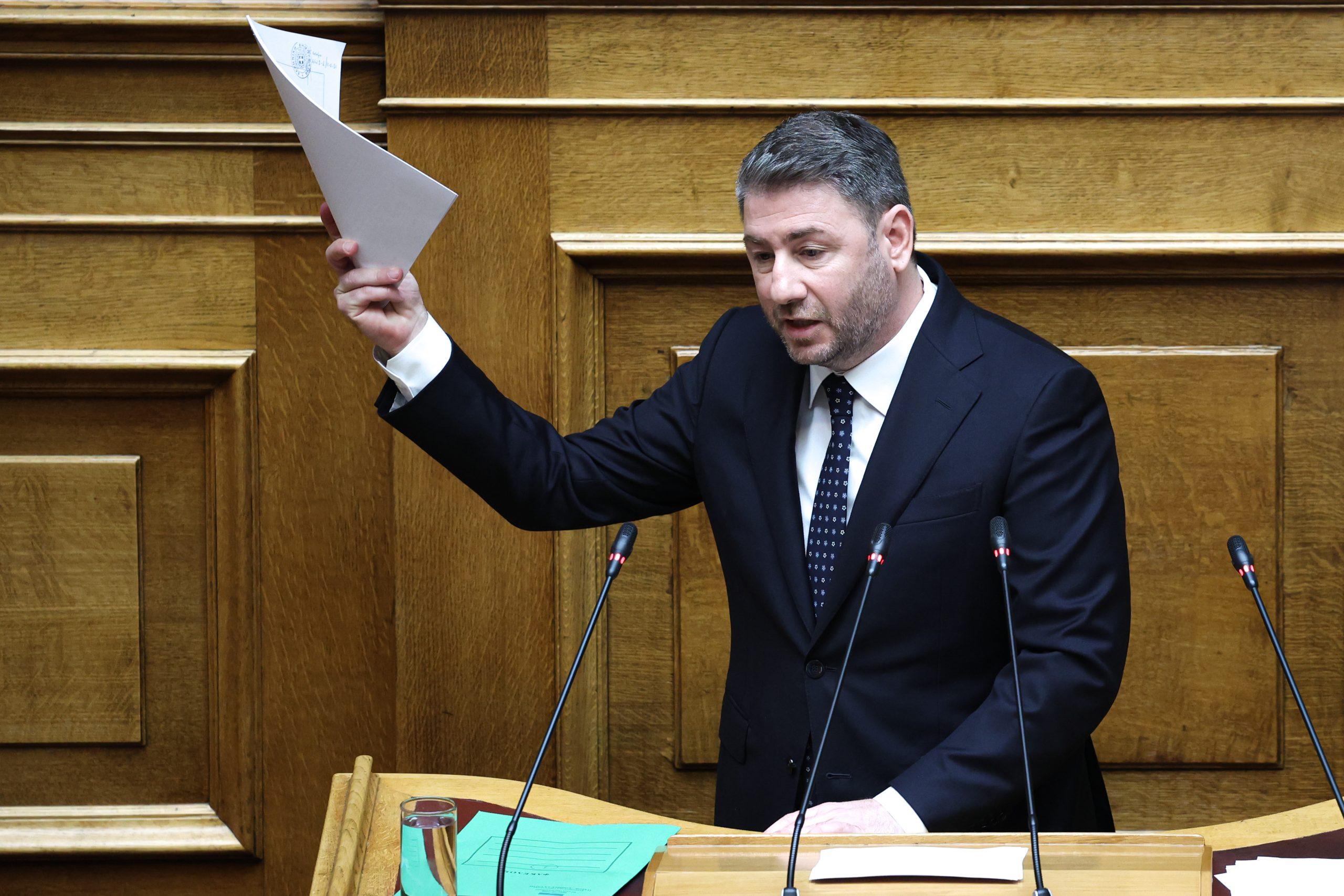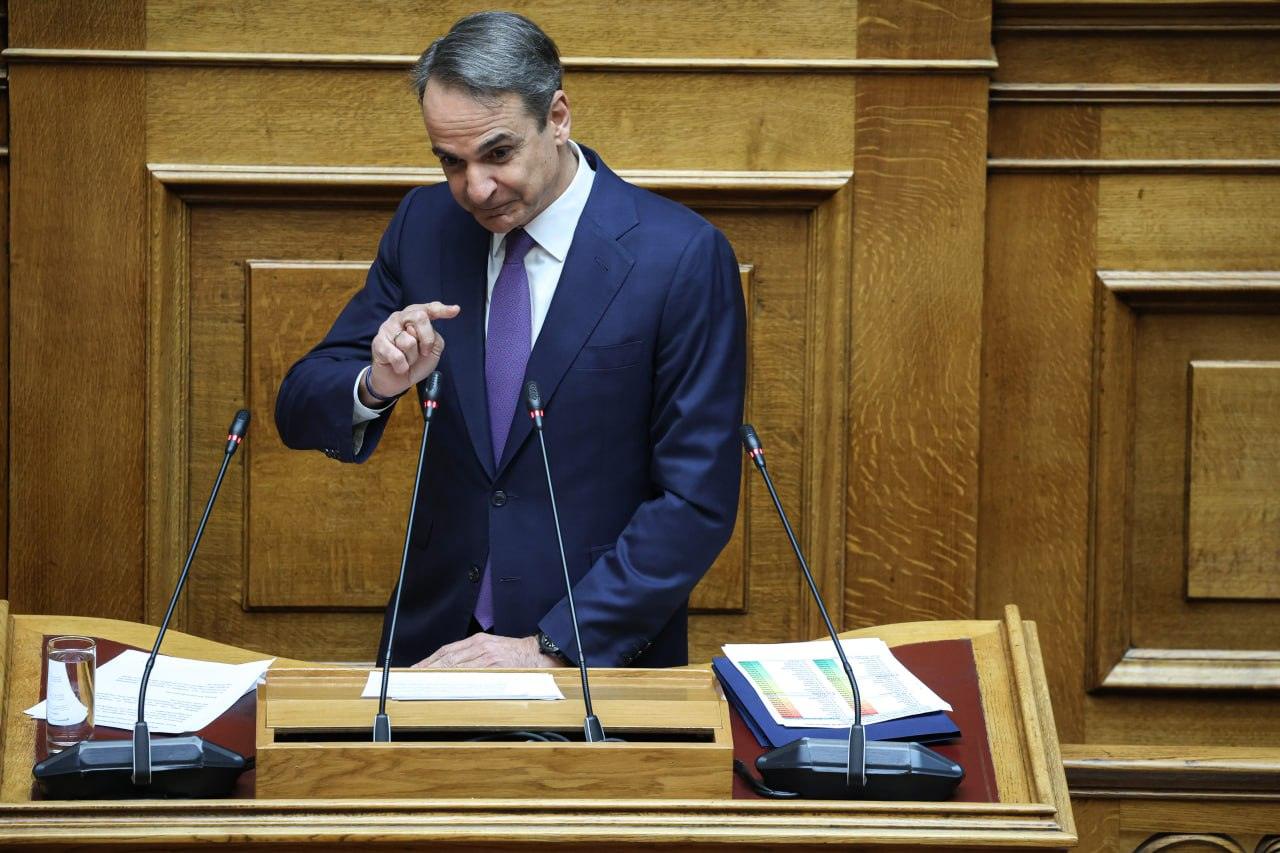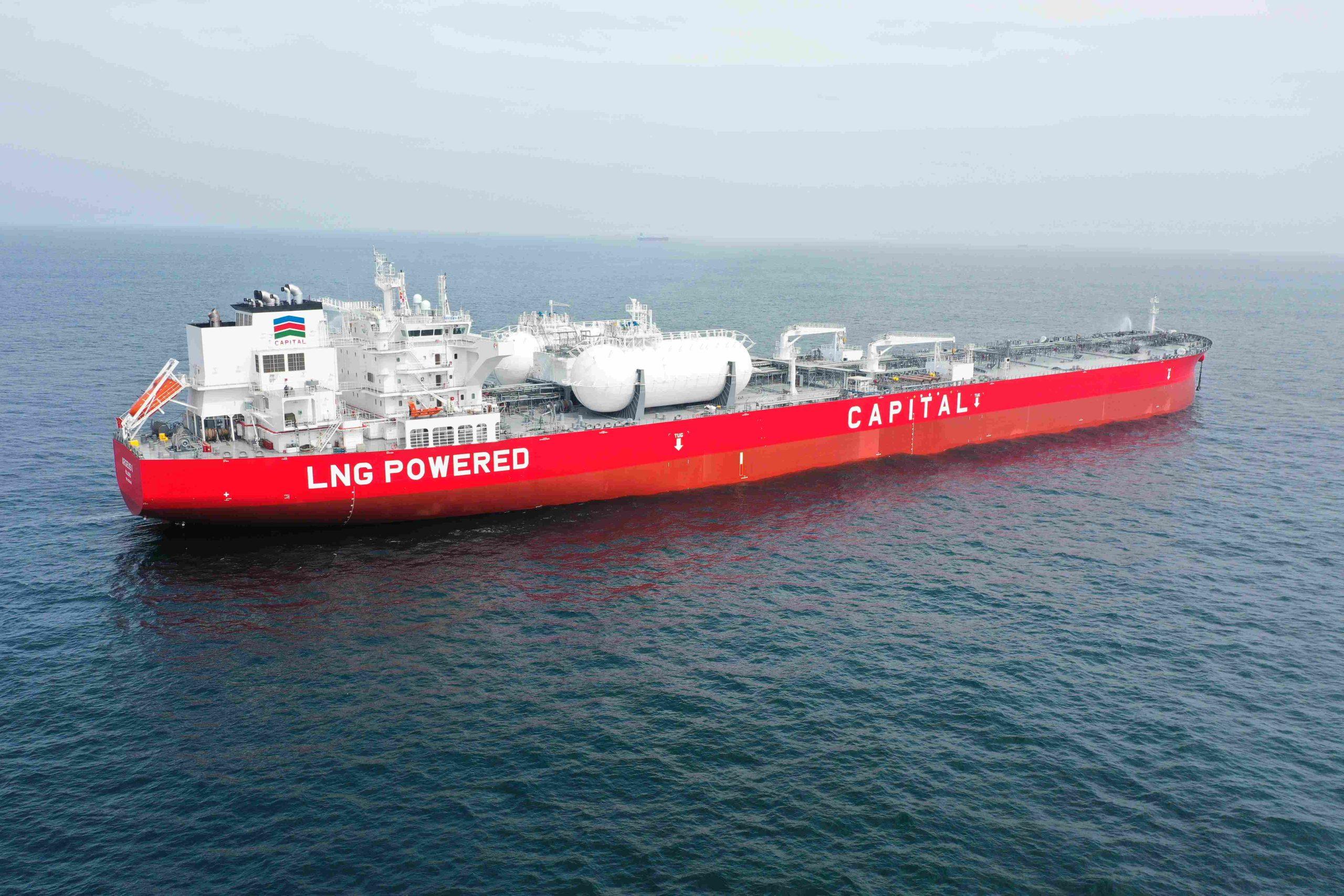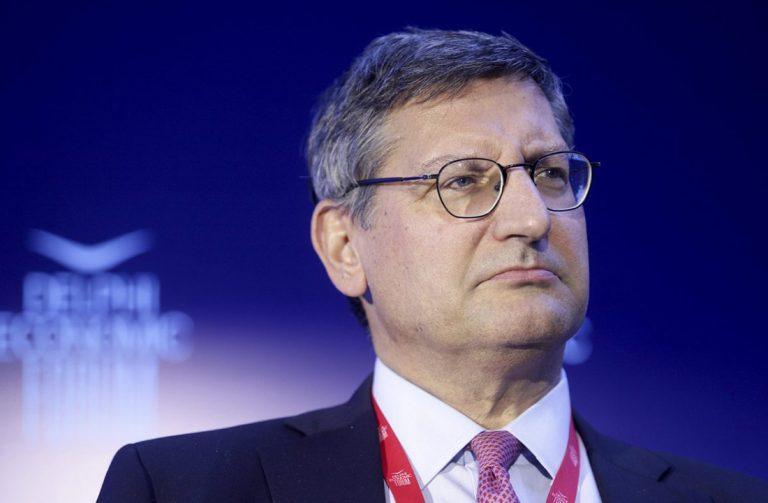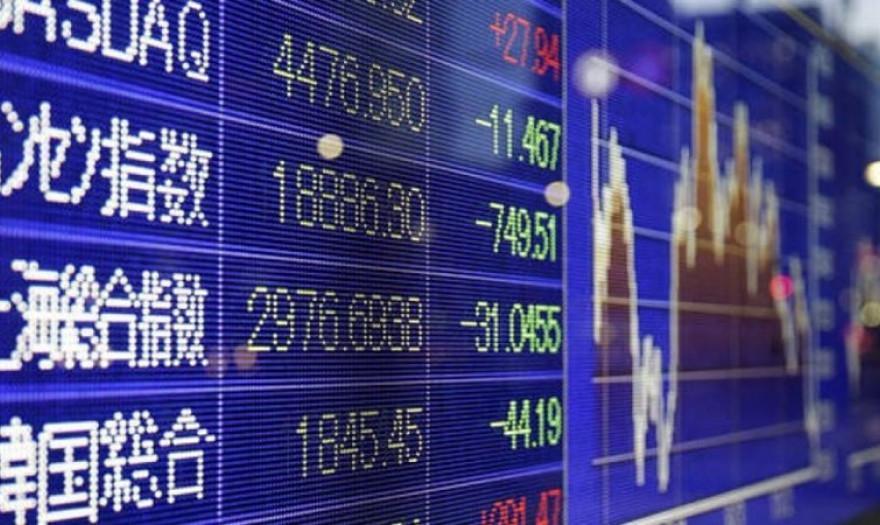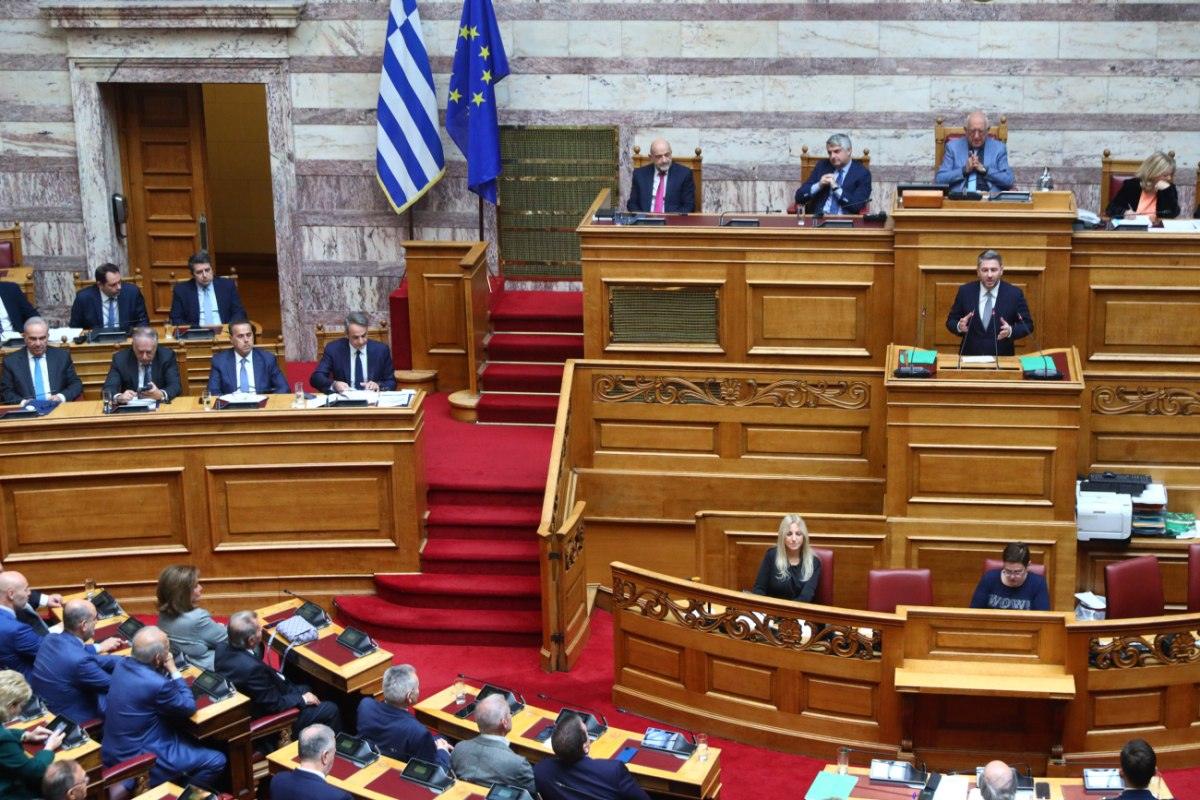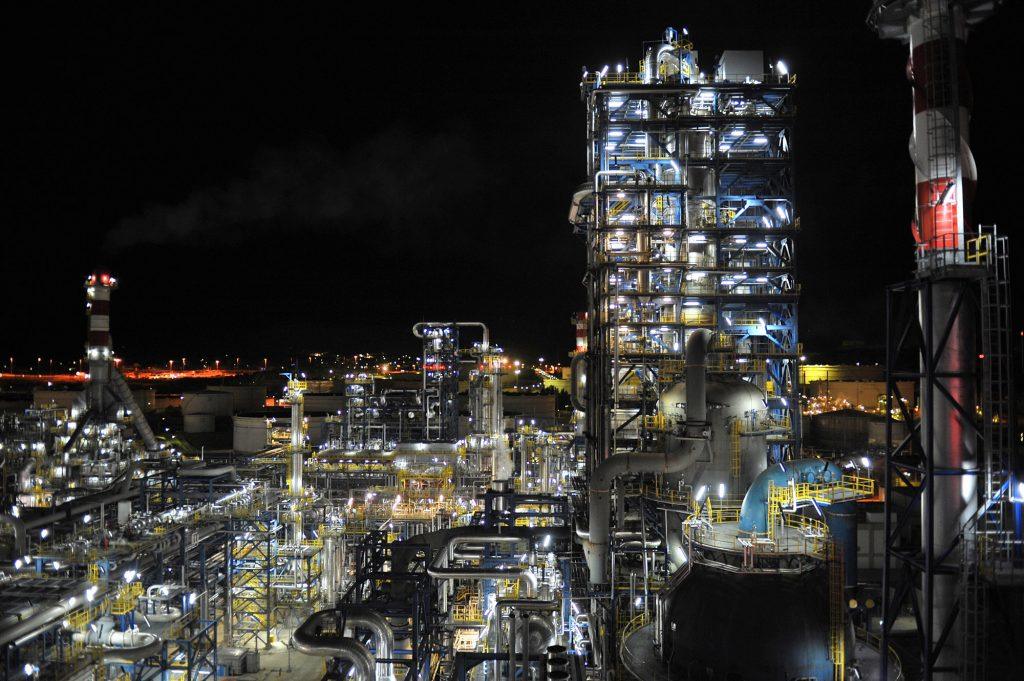The total imports of natural gas to Greece fell by 10% in July compared to the corresponding month last year. However, according to the analysis of the scientists of the Energy Institute of South-East Europe (IENE), compared to the natural gas imports of the immediately previous month, i.e. June 2022, they were increased by 15%.
However, only 6% of total imports came from Russia, while 61% were in the form of LNG. In particular, in July of this year, 6.1 TWh were introduced into the National Natural Gas System (NGS) of Greece, of which:
– 0.4 TWh (6%) through Sidirokastro (on the Greece-Bulgaria border), from which Russian natural gas enters
– 0.3 TWh or 5% from Kipoi in Evros (on the Greece-Turkey border), from where quantities from the Turkish “basket” arrive,
– 1.7 TWh or 28% through Nea Mesimvria, the interconnection point of ESFA with the TAP pipeline which transports Azeri natural gas and
– 3.7 TWh (61%) via Agia Triada (opposite Revythoussa Island), importing LNG.
232% increase in wholesale electricity prices
The sharp fluctuations in natural gas prices in Europe, in July, also had an impact on electricity generation, which is based on gas at a rate of more than 40%. Thus, the average wholesale electricity price in July this year for Greece increased by 232% (compared to July 2021) and amounted to 338.14 euros/megawatt hour (MWh), while compared to the previous month (June 2022) appeared to be up by 41%. In fact, the minimum average Market Clearing Price for the month of July was 87.38 euros/MWh, while the maximum was 686.25 euros/MWh.
The picture for the first week of August was somewhat improved, according to the processed data of the Institute of Energy for South East Europe (IENE), as the slight drop in temperature reduced the demand for electricity, which, combined with the increased contribution of RES units to the energy mix last week, exerted downward pressure on the prices of the Greek Energy Exchange, with the average price standing at 375.67 euros/MWh.
As for demand, as expected (due to heat, but also an increase in tourist traffic) last month it was 5,134,461 MWh, moving upwards for the third month in a row. However, the average system load, which stood at 6,901 MW (megawatts), was 8% lower compared to the same period last year.
RES contribution to the mix increases
Regarding the energy mix, electricity generation in July was based on natural gas, as in the previous month, by 41%, on Renewable Energy Sources (RES) by 31%, on lignite (14%) and on large hydroelectric plants (6%) .
However, it is noteworthy that, on an annual basis, the share of natural gas in Greece’s fuel mix decreased by 5%, while the contribution of RES increased by 5%. In particular, the share of natural gas in July 2021 was at 46%, when in July of this year it reached 41%, while the share of RES was 31% last July from 26% in the corresponding month last year.
Regarding the monthly net use of Greece’s electricity interconnections, this was negative, as imports were less than exports. In particular, Greece’s total net imports for July 2022 had a negative sign and amounted to -486,723 MWh. As Greece was cheaper than neighboring countries, monthly electricity export reached 853,866 MWh – 38% went to Italy, 30% to Albania, 21% to North Macedonia and 11% to Bulgaria.
